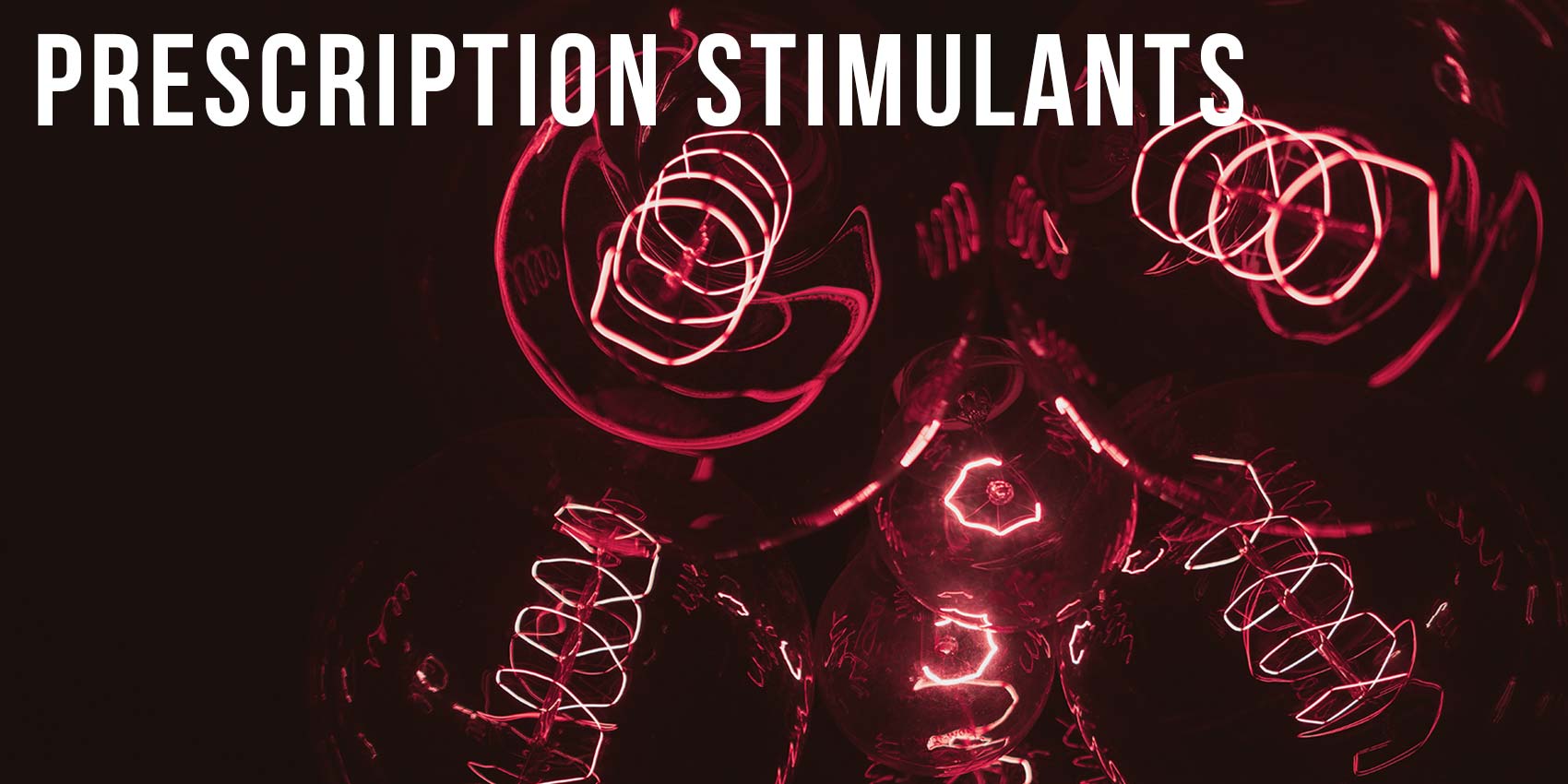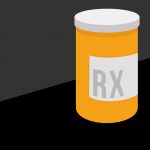13 Nov Prescription stimulants

Prescription stimulants are drugs that amp up the central nervous system and the autonomic nervous system and thereby elevate alertness and mood. Since they are prescribed, they are legal. However, other legal stimulants that are not prescribed exist, like caffeine and nicotine, and illegal stimulants also exist, like cocaine. However, this post is about legally prescribed stimulants!
When are stimulants prescribed? Well, the most common reason is for attention deficit hyperactivity disorder (ADHD). This diagnosis has steadily been on the rise over the years, especially with young teens.
ADHD is a disorder that makes it difficult to focus or concentrate on something and to control impulses. (The person may also be very active and constantly on the move.) This disorder can cause people to make careless mistakes, miss details, lose focus, overlook specifics, rush through their work, be disorganized and have trouble planning ahead and paying attention over time. You might think that if someone is hyper active, they probably need a sedative (you were paying attention to the previous sub-post!). In this case, the stimulant causes the brain to focus, thereby pushing the energy of the hyperactivity toward a goal. The medication acts like one of those adjustable spray nozzles on a hose: thoughts and actions go from a wide spray to a targeted strong stream.
To treat ADHD, doctors often prescribe prescription stimulants like Ritalin, Dexedrine or Adderall. Because they increase a person’s ability to focus, many teens (even those who have not been diagnosed with ADHD) abuse these drugs in an effort to help them focus and concentrate better for tests, athletics, school work, etc. However, when students who do not have ADHD take these medications, they put themselves at risk for the same side effects other stimulants cause. Moreover, their brains are not in need of the drugs in the first place and they may experience adverse (meaning, negative) effects and not understand why. This is NOT a safe thing to do. If you are feeling pressure to work harder, talk to your parents or an understanding adult about managing time and expectations.
Short-term risks of prescription stimulants:
- increased blood pressure and heart rate
- constriction of blood vessels
- high body temperature
- muscle shakes/tremors
- agitation
- paranoia or hostility
Long-term risks of prescription stimulants:
- addiction
- extreme weight loss
- chronic exhaustion
- cardiovascular damage
- stroke
- headaches
- cerebral hemorrhage
- heart attack
- lethal seizures
- accidental death by overdose
Quick quiz: Which of the below do you think are the top two drugs of choice for students in 8th, 10th and 12th grades?
Pot, ecstasy, cocaine, prescription drugs, or mushrooms?
Find out in the next post….




Post Question:
What would you say to someone who tried to convince you that you’d be more productive if you just took some drugs?
Answer the post question here
What's being said